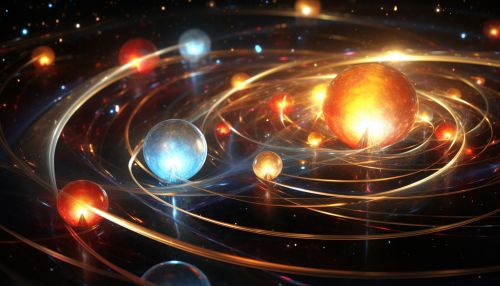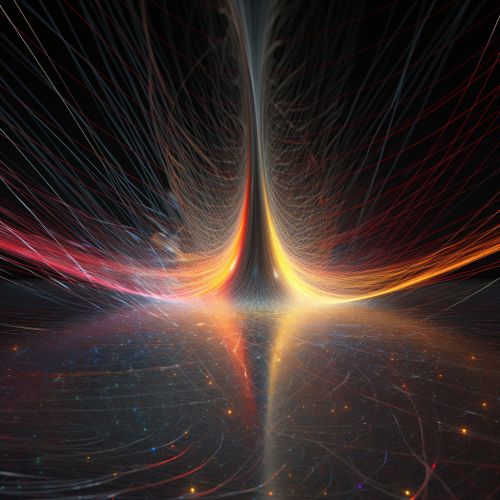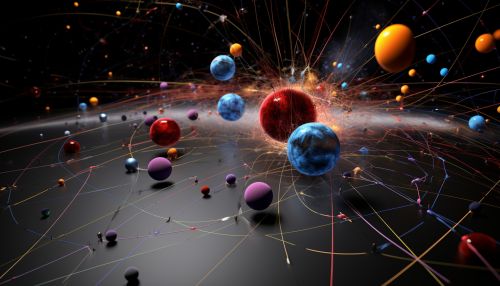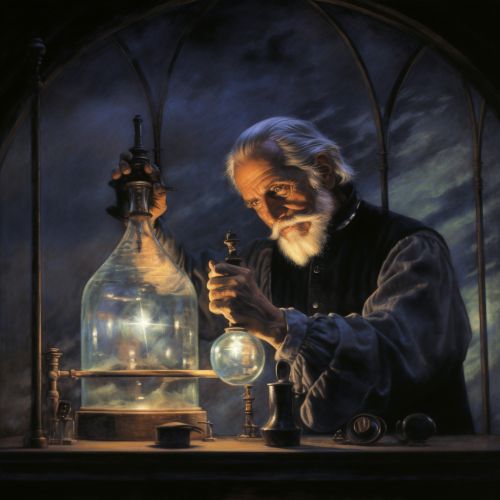Uncertainty Principle
Introduction
The Uncertainty Principle, also known as Heisenberg's Uncertainty Principle, is a fundamental concept in quantum mechanics. It states that the position and the momentum of a particle cannot both be precisely measured at the same time. This principle is not a statement about the limitations of measurement techniques, but rather about the nature of the system itself.


Historical Background
The Uncertainty Principle was first formulated by the German physicist Werner Heisenberg in 1927. Heisenberg's work was a part of the development of quantum mechanics, a branch of physics that describes the behavior of particles at the atomic and subatomic level. Quantum mechanics was a radical departure from classical physics, introducing concepts such as wave-particle duality and the probabilistic nature of physical properties.


Mathematical Formulation
The Uncertainty Principle can be mathematically expressed using the concept of standard deviation, a measure of the spread of a set of values. If Δx is the standard deviation of the position of a particle and Δp is the standard deviation of its momentum, the Uncertainty Principle states that the product of these two quantities is at least as large as half the reduced Planck's constant (ℏ/2):
Δx Δp ≥ ℏ/2
This inequality expresses the fundamental limit on the precision with which the position and momentum of a particle can be known.


Implications
The Uncertainty Principle has profound implications for our understanding of the physical world. It implies that there is a fundamental limit to the precision with which certain pairs of physical properties can be simultaneously known. This is in stark contrast to classical physics, where the state of a system can be specified with arbitrary precision.
The Uncertainty Principle also has implications for the concept of causality in physics. In classical physics, the future state of a system can be predicted with certainty if its current state is known precisely. However, due to the Uncertainty Principle, this is not possible in quantum mechanics.


Experimental Verification
The Uncertainty Principle has been experimentally verified numerous times. One of the earliest confirmations was the Stern-Gerlach experiment, which demonstrated the quantization of angular momentum, a consequence of the Uncertainty Principle. More recent experiments have used techniques such as electron microscopy and neutron interferometry to measure the position and momentum of particles, confirming the predictions of the Uncertainty Principle.


